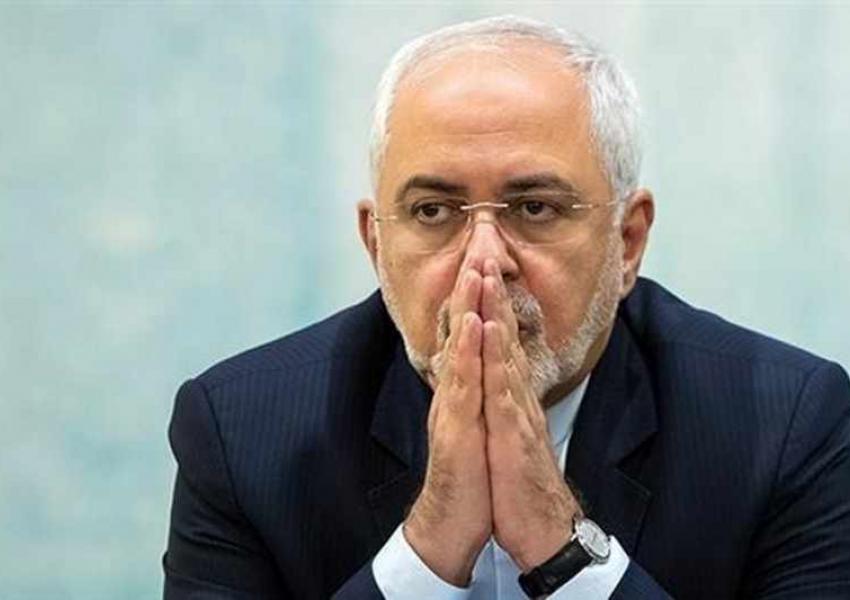
Zarif Issues Statement Saying He Will Not Run In Iran's Presidential Election
Iran’s embattled Foreign Minister Mohammad Javad Zarif Wednesday reiterated that he would not run in the June 18 presidential elections in Iran. Zarif had previously indicated he would not run but his latest announcement put doubts to rest.
In an Instagram post (link is external)Zarif thanked all those who had supported him through nearly eight years as foreign minister in the face of “foreign pressures” and “domestic disagreements.” He stated that his decision was not based on personal considerations, but on the opposition of hardliners to him and his candidacy.
Zarif and President Hassan Rouhani have faced consistent criticism over the 2015 nuclear agreement – the JCPOA (Joint Comprehensive Plan of Action – and their efforts to revive it since Joe Biden became United States president in January. Many centrists and reformists looked to Zarif as a potential presidential candidate who might clear the watchdog Guardian Council and who was untarnished by direct involvement in domestic politics and allegations of corruption.
But an interview in which Zarif criticized the late Iranian general Qasem Soleimani – given as part of an oral history project and intended to be released only when the Rouhani government left office – was published by Iran International on April 25.
The three-hour recording, in which Zarif also accused Russia of trying to add last-minute condition to the JCPOA, came as a bombshell. Given Soleimani’s status, the revelation undermined hopes Zarif would run for president. While Supreme Leader Ali Khamenei did not back calls for Zarif’s resignation his May 2 speech echoed much of the principlist criticism of the foreign minister.
Zarif’s Instagram text is full of indirect and poetic references, as the Persian style of writing often exhibits. The writer resorts to a literary style on occasion, using indirect speech to convey thoughts and feelings to readers, avoiding naming individuals or groups.
While Zarif does not mention hardliners directly, he uses a keyword that clearly indicates his decision emanates from the opposition he anticipates, and he notes that attack on him have increased since Nowruz, Iranian New Year.
In the end Zarif announces he will continue to travel abroad carrying on his work as foreign minister, but states clearly that his plans will not relate to nuclear talks in Vienna aimed at reaching an agreement, including with the United States, to revive the JCPOA. The talks have been conducted at lower than foreign minister level, with special envoy Rob Malley leading the US delegation, which suits Rouhani’s desire to present the process as endorsed collectively by the Iranian leadership.
There is a general sense that a principlist will win June’s presidential election. The likely front-runner Ebrahim Raeesi, head of the judiciary, is expected to soon announce his candidacy.








